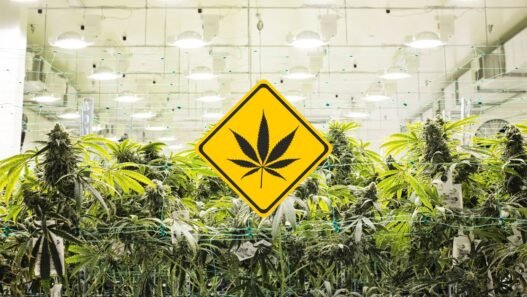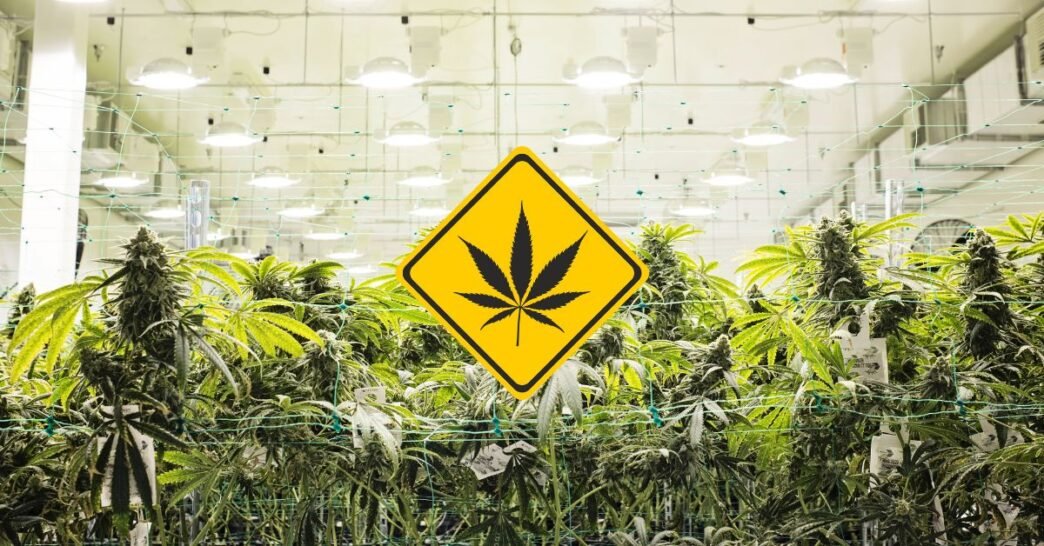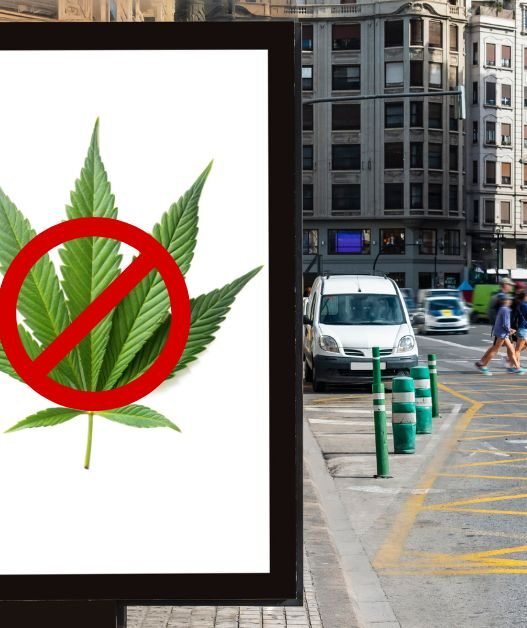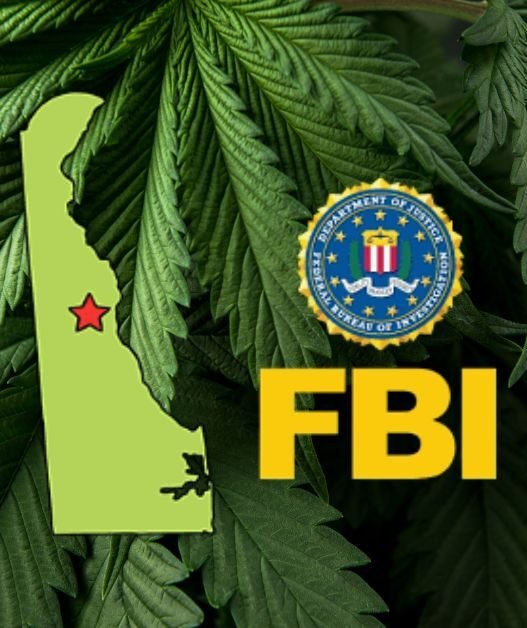While challenges persist, the cannabis industry continues to evolve with positive developments across states and potential federal changes. From regulatory progress to technological innovation, here’s an in-depth look at the key issues shaping the cannabis landscape in 2025.
1. Federal Cannabis Status: Progress or More Delays?
The Ongoing Rescheduling Saga
Perhaps the most significant development for the cannabis industry this year remains the potential rescheduling of marijuana under the Controlled Substances Act (CSA). The DEA’s plan to move cannabis from Schedule I to Schedule III would represent a historic shift, but the process has been marked by delays and complications.
The administrative hearing, originally scheduled for December 2024, was pushed to January 21, 2025, after Chief Administrative Law Judge John Mulrooney ruled that the DEA had erred in presenting witnesses. Further complicating matters, Judge Mulrooney postponed the hearing for at least three more months pending an appeal following allegations of improper DEA conduct.
This delay creates continued uncertainty for cannabis businesses forced to navigate the complex regulatory and financial implications of potential rescheduling. If rescheduling does eventually happen, it could bring significant benefits:
- More accessible banking services for cannabis businesses
- Relief from the punitive tax burden under Internal Revenue Code Section 280E
- Easier pathways for medical research by reducing regulatory hurdles
An update is expected in late April, though the current DEA administrator nominee is not considered pro-cannabis.
Federal Cannabis Legislation: Slim Prospects
The end of the 118th Congressional session saw several cannabis reform bills die without passage. The chances for new legislation in 2025 appear bleak under the current administration.
The SAFER Banking Act, which aimed to provide cannabis businesses access to financial services, failed to receive a vote before the end of the last Congressional session. With the Republican control of government and only 15 Republican senators previously indicating support for pro-cannabis legislation, the prospects for revival remain slim.
Similarly, the Marijuana 1-to-3 Act of 2023, which sought to reclassify cannabis from Schedule I to Schedule III, wasn’t enacted during the last session. While the Department of Health and Human Services independently initiated a review for rescheduling, these efforts remain dormant.
2. State-Level Regulatory Developments
California’s Proposition 65 Updates
California’s Office of Environmental Health Hazard Assessment implemented new amendments to “short-form” warning requirements effective January 1. These changes affect cannabis companies since both cannabis smoke and THC are already on Proposition 65’s list of carcinogens or reproductive toxicants. The updated regulations create new compliance requirements for product labeling.
DC’s Crackdown on Unlicensed Shops
Washington, DC faces a critical March 31, 2025 deadline requiring all cannabis establishments to be operational and compliant with regulations. After this date, establishments without licenses will face search and seizure, closure, or fines.
This enforcement targets the illegal “gifting” market that emerged after Initiative 71 legalized possession but not sales. The District has intensified efforts to shut down illegal operations, closing 34 businesses in the last six months alone, with an additional 24 ceasing operations following warnings.
This enforcement should benefit legal dispensaries that have struggled to compete with unregulated shops selling cheaper products. DC predicts around 40 regulated retail shops will be open by the end of 2025.
New York’s Expanding Market
Despite continued regulatory uncertainty, New York’s cannabis market continues to grow. Tax revenues from cannabis sales rose from $42.3 million in the fiscal year ending March 2024 to $161.8 million in the current fiscal year.
The state has increased available licenses from 275 to over 625 in 2025, with over 300 dispensaries already open under New York’s Conditional Adult-Use Retail Dispensary (CAURD) license. A new grant program will award up to $30,000 to CAURD retailers with past marijuana-related convictions.
However, a bill introduced in January would limit THC potency to 15% in flowers and 25% in other cannabis or hemp products, creating potential challenges for the industry.
3. State Legislative Efforts
Several states are pushing to reform cannabis laws in 2025:
- Adult-use legalization: Hawaii, Indiana, Kentucky, Mississippi, New Hampshire, Tennessee, and Texas
- Comprehensive medical programs: Indiana, Iowa, South Carolina, Tennessee, and Texas
- Decriminalization: Alabama, Iowa, Pennsylvania, and South Carolina
In the November 2024 election, legalization failed in four states—Florida, Nebraska, North Dakota, and South Dakota. Florida’s measure received 55.9% approval but fell short of the required 60% threshold, highlighting growing support even in conservative states.
4. Corporate Transparency Act Updates
The Corporate Transparency Act (CTA) is now in effect, but only for foreign reporting companies. As of March 2, the US Department of Treasury announced it will not enforce reporting requirements for US citizens or domestic companies.
Foreign entities registered to do business in the United States must still provide beneficial ownership information and company details to the Financial Crimes Enforcement Network by specified dates.
The US House of Representatives passed the Protect Small Businesses from Excessive Paperwork Act of 2025 in February, seeking to extend the reporting deadline for companies formed before January 2024 until January 2026. The bill awaits Senate consideration.
5. Financial Restructuring Challenges
Due to cannabis companies’ inability to access the US bankruptcy system, restructuring primarily occurs through state court receiverships. Several large multi-state operators, including Curaleaf and Verano, have hundreds of millions in debt coming due in 2026, likely increasing restructuring activity.
Most states that have legalized cannabis haven’t clarified rules regarding receivership for cannabis businesses. Companies in these states may need to rely on general receivership laws, though court and regulatory responses remain unpredictable.
The lack of access to federal bankruptcy protection creates significant disadvantages for cannabis businesses facing financial distress, making strategic planning essential for effective liquidation or reorganization.
6. Data Privacy Concerns
New State Privacy Laws
Five comprehensive data privacy laws took effect in January 2025 (Delaware, Iowa, Nebraska, New Hampshire, and New Jersey), adding to 13 existing state-level laws. Three additional laws will become effective later this year in Tennessee (July 1), Minnesota (July 31), and Maryland (October 1).
These laws aim to protect consumer personal information by requiring specific privacy notices, limiting certain data collection, and giving individuals more control over their personal information. Cannabis companies must adapt their privacy policies to comply with each state’s requirements.
Industry Data Breaches
Cybersecurity threats continue to target cannabis businesses. In January, STIIIZY, a major producer and retailer of cannabis products, disclosed a significant data breach affecting approximately 380,000 customers. Hackers compromised vendor accounts for their point-of-sale processing services, obtaining names, addresses, birth dates, identification documents, and transaction histories.
7. Tax Considerations
Section 280E of the Internal Revenue Code continues to burden cannabis companies by prohibiting certain deductions and credits available to other industries. This provision applies to businesses involved in “trafficking” Schedule I and II substances prohibited under state or federal law.
If marijuana is rescheduled to Schedule III, this prohibition would theoretically no longer apply. However, two bills were recently introduced in Congress seeking to maintain these restrictions even after rescheduling: the No Deductions for Marijuana Businesses Act (S. 471 and H.R. 1447). Though experts suggest these bills are unlikely to succeed given growing acceptance of marijuana reform.
8. Hemp-Derived THC Regulations
States are increasingly regulating hemp-derived THC products. California extended an emergency ban prohibiting sales of products containing any detectable level of hemp-derived THC. Similar legislative efforts have emerged in multiple states.
Florida recently introduced legislation limiting THC-infused beverage sales to properly licensed alcohol establishments. Texas passed a bill banning all forms of THC, with the Lieutenant Governor claiming retailers had “exploited” the law to sell “life-threatening and unregulated” products.
Some cannabis businesses welcome these regulations as protection against unregulated competition, while others worry about potential alcohol industry encroachment.
9. Artificial Intelligence Applications
Generative AI is increasingly integrating into the cannabis industry across cultivation, distribution, and retail operations. Applications include:
- Crop monitoring and optimization
- Customer behavior analysis
- Personalized product recommendations
- Training for retail staff
- Demand prediction and inventory management
- Consumer targeting
- Price optimization
Companies like Happy Cabbage offer specialized AI software to help cannabis retailers improve operations. As AI models rapidly advance, their impact on the industry will continue to expand.
10. Intellectual Property Protection Strategies
Due to cannabis’s Schedule I status, most cannabis products remain ineligible for federal trademark protection. The US Patent and Trademark Office bars registration for goods or services unlawful under federal law, even if legal under state law.
Hemp-derived products containing no more than 0.3% delta-9 THC can receive trademark protection under the Agriculture Improvement Act of 2018. Cannabis rescheduling could potentially open doors to federal trademark protection.
In the meantime, cannabis companies should consider:
- State-level trademark registration where available
- Copyright protection for original works like artwork on product labels
- Establishing common law trademark rights through actual use in commerce, though protection is limited to specific geographic areas
By leveraging these alternatives, cannabis brands can better protect their intellectual property as the industry evolves.
While regulatory hurdles persist, the cannabis industry continues to develop innovative solutions and adapt to changing circumstances. With ongoing state-level expansion and potential federal reform, 2025 promises to be another year of both challenges and opportunities for cannabis businesses nationwide.

















